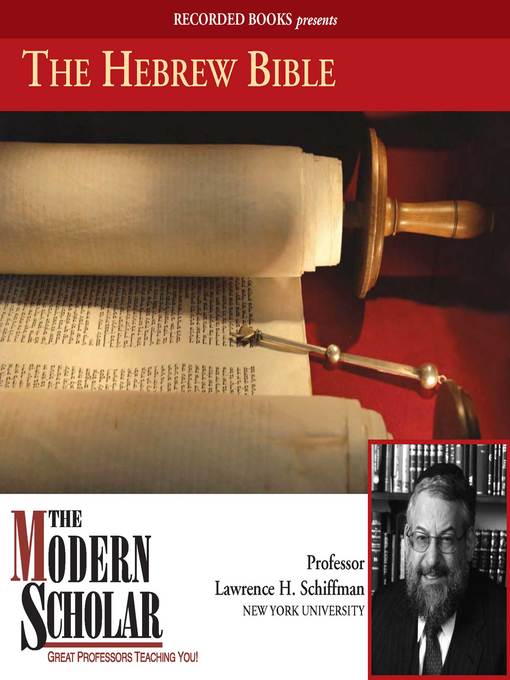- No wait, no problems
- What's new?
- Popular titles
- Check these out!
- Great Audiobooks for a Family Road Trip
- Audiobooks for the Whole Family
- See all audiobooks collections

The Hebrew Bible
Audiobook (Includes supplementary content)-
Creators
-
Series
-
Publisher
-
Release date
March 24, 2008 -
Formats
-
OverDrive Listen audiobook
- ISBN: 9781456105419
- File size: 219303 KB
- Duration: 07:36:52
-
-
Languages
- English
-
Reviews

Loading
Why is availability limited?
×Availability can change throughout the month based on the library's budget. You can still place a hold on the title, and your hold will be automatically filled as soon as the title is available again.
The Kindle Book format for this title is not supported on:
×Read-along ebook
×The OverDrive Read format of this ebook has professional narration that plays while you read in your browser. Learn more here.